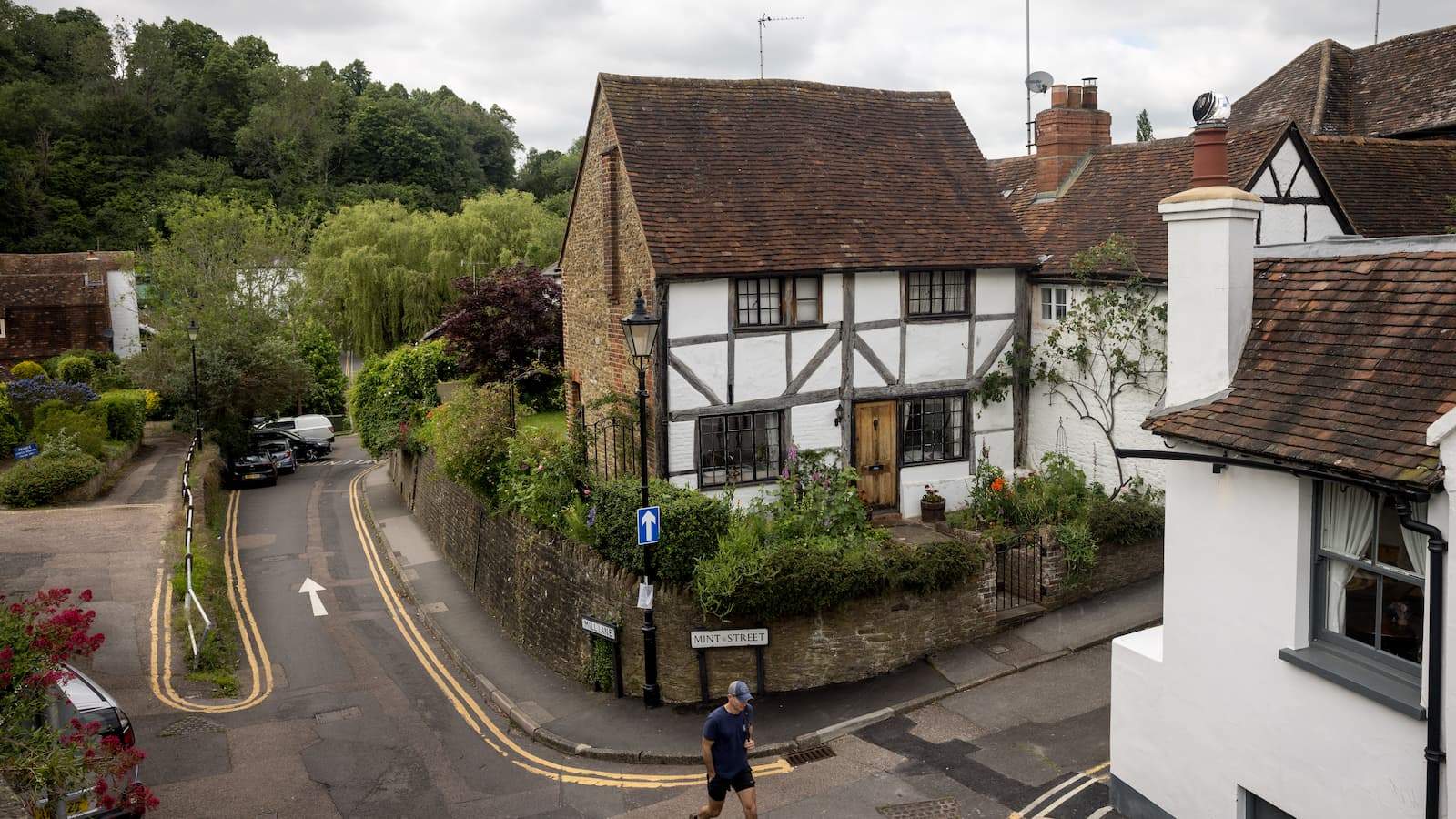Council’s £70k error stayed hidden for years, until one man refused to back down
A Godalming resident’s six-year battle with Waverley Borough Council over a misapplied £70,000 planning charge has laid bare a culture of bureaucratic inflexibility and institutional delay

Bring your dream home to life with expert advice, how to guides and design inspiration. Sign up for our newsletter and get two free tickets to a Homebuilding & Renovating Show near you.
You are now subscribed
Your newsletter sign-up was successful
Steve Dally never expected a minor tweak to his home improvement plans would end in a life-altering legal standoff.
What began as a routine planning permission amendment, spiralled into a punitive bill, threats of repossession, and five years of unrelenting pressure.
Now, Waverley Borough Council admits it got it wrong, but only after one man forced their hand.
A mistake buried by bureaucracy
In 2018, Dally received planning permission to rebuild his rear extension. It was exempt from the Community Infrastructure Levy (CIL).
A year later, he made a minor amendment, but the council treated it as a brand-new build and to his surprise the council issued a £70,000 charge.
“I was blindsided,” Dally said. “It was a technicality. But it nearly ruined us.”
The council refused to budge. Letters, threats, and interest charges followed. “You wouldn’t treat a dog this way,” he said in 2024.
Bring your dream home to life with expert advice, how to guides and design inspiration. Sign up for our newsletter and get two free tickets to a Homebuilding & Renovating Show near you.
When should CIL charges apply?
The Community Infrastructure Levy is a planning charge that local authorities in England and Wales can impose on new developments to fund local infrastructure.
It generally applies to new residential builds or developments exceeding 100 square metres of new floorspace. Exemptions exist for self-build homes, charitable developments, and residential extensions or annexes that meet certain criteria.
In Dally’s case, the original extension was correctly deemed exempt, but a subsequent minor amendment was treated by Waverley as a new development - a controversial interpretation that triggered the £70,000 charge.
Why did it take so long?
For five years, Waverley held its line. Senior officers maintained that the CIL charge was correct under the law. No appeal process existed.
“The system was set up with no safety net,” admitted Liberal Democrat councillor Liz Townsend. “Even when mistakes happened, we had no way to fix them.”
Internal pressure mounted. Councillors and campaigners said the council was ignoring common sense. But Conservative group leader of Waverley Council, Jane Austin, called the eventual refund “too little, too late.”
“This delay was avoidable. Residents suffered,” she said in July.
One man’s fight changes the rules
Dally refused to walk away. After media coverage, petitions, and help from councillors, Waverley finally agreed to review CIL errors in January 2025.
On July 8, the council formally admitted its mistake and confirmed Dally would be refunded almost £64,000. A new scheme will now assess other disputed charges.
“I’m still in shock,” Dally said. “But this was never just about me. It’s about stopping it from happening to anyone else.”

News Editor Joseph has previously written for Today’s Media and Chambers & Partners, focusing on news for conveyancers and industry professionals. Joseph has just started his own self build project, building his own home on his family’s farm with planning permission for a timber frame, three-bedroom house in a one-acre field. The foundation work has already begun and he hopes to have the home built in the next year. Prior to this he renovated his family's home as well as doing several DIY projects, including installing a shower, building sheds, and livestock fences and shelters for the farm’s animals. Outside of homebuilding, Joseph loves rugby and has written for Rugby World, the world’s largest rugby magazine.
